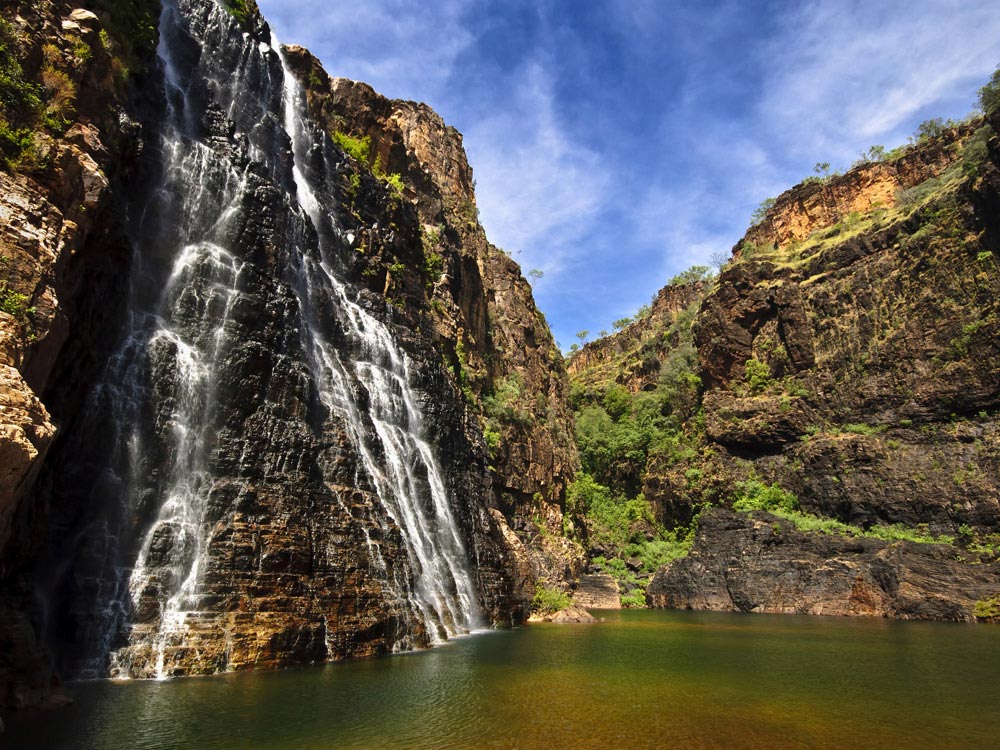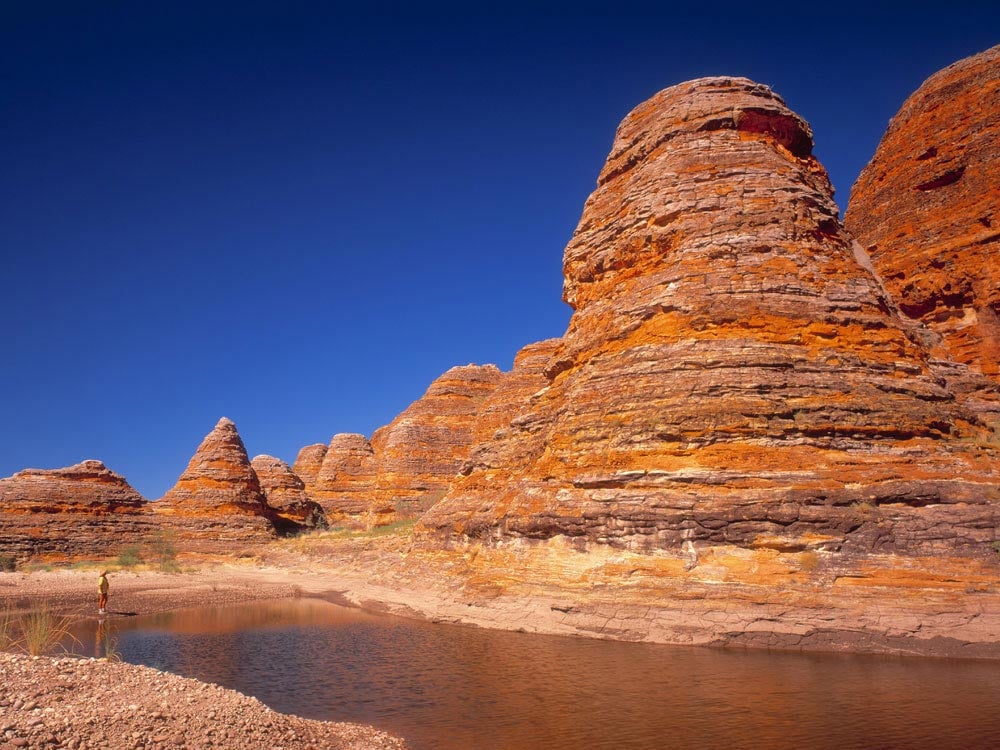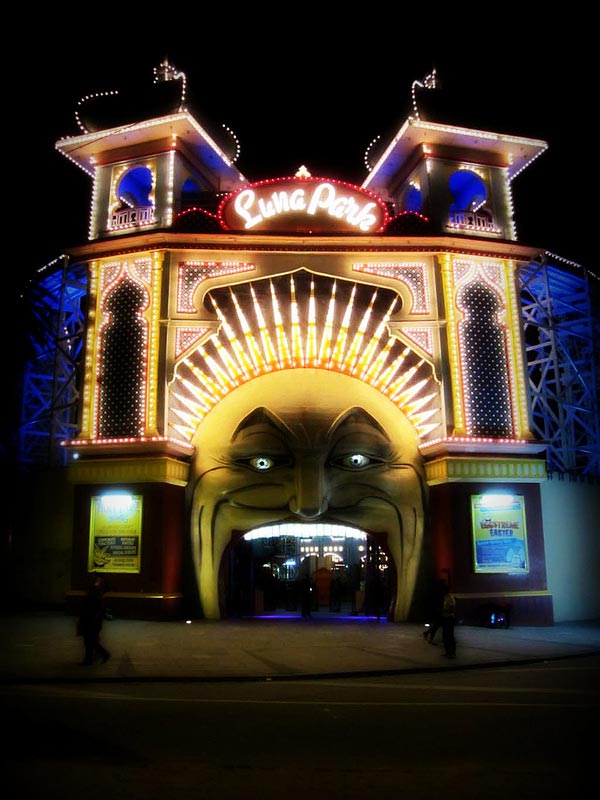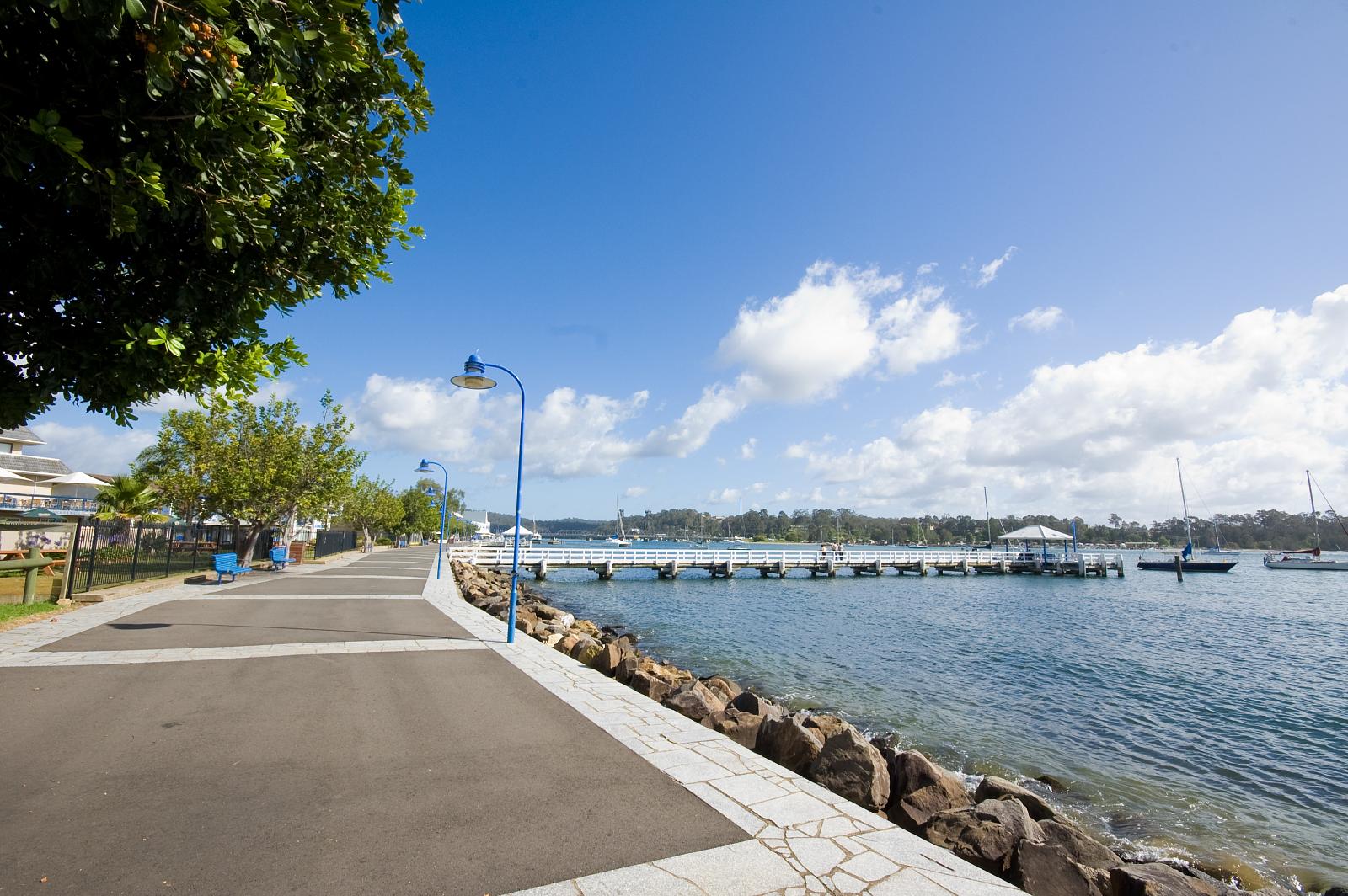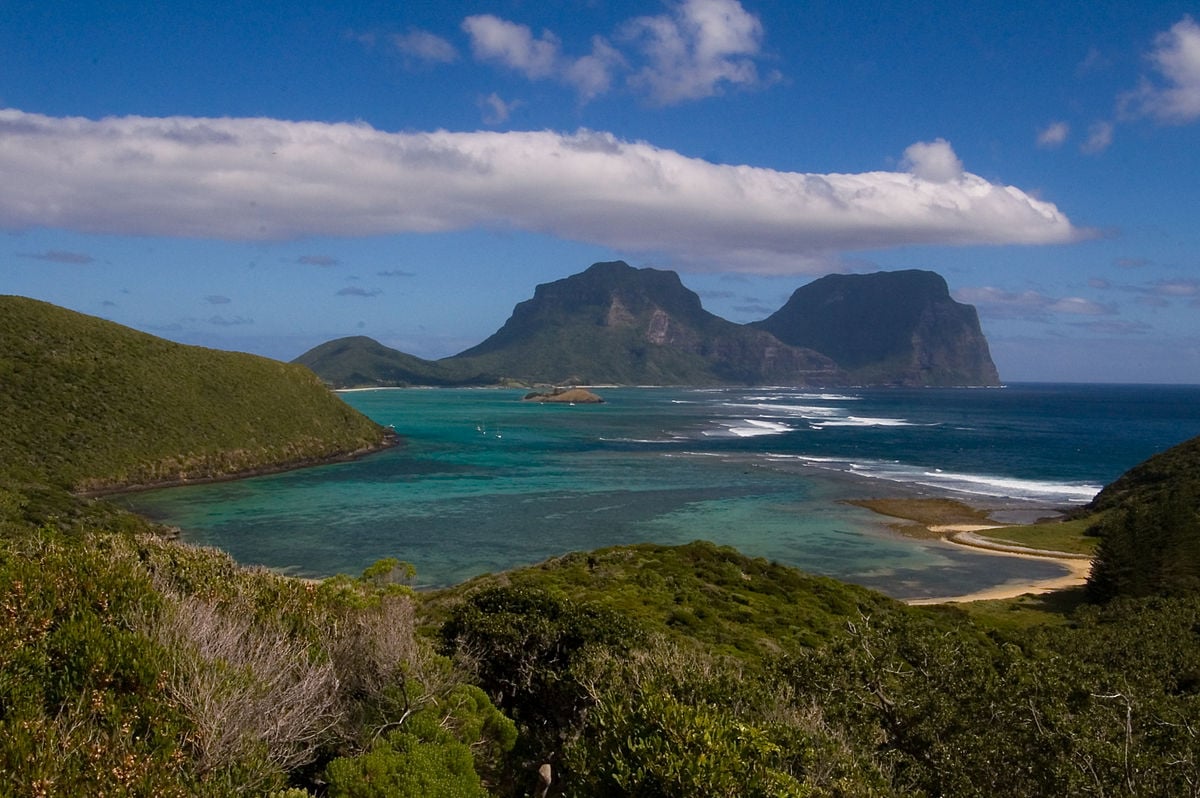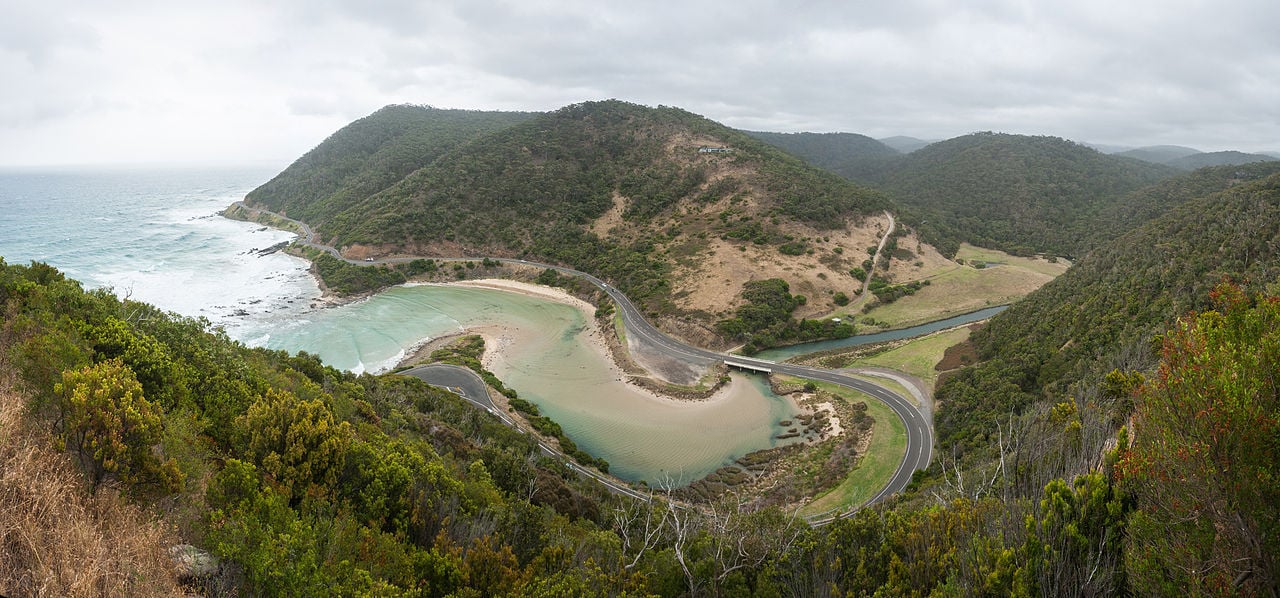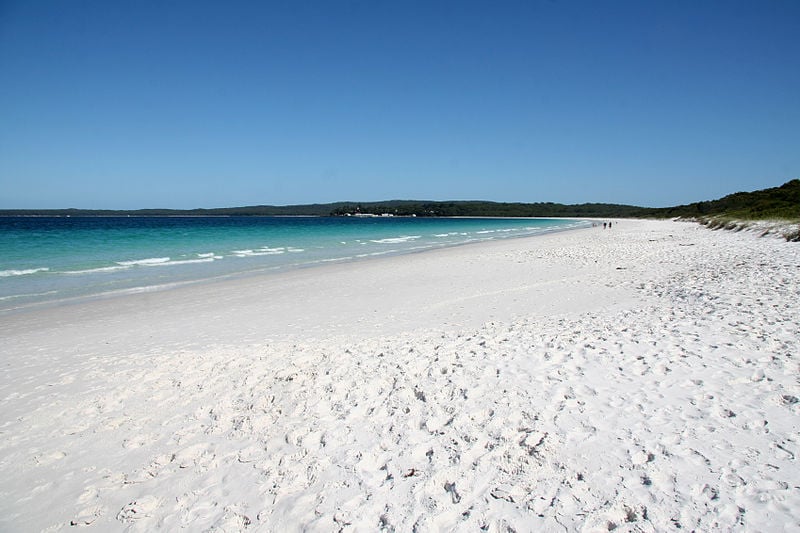Kakadu National Park in Australia is a major tourist attraction that draws tourists with its wide variety of flora and fauna along with its towering escarpment containing aboriginal rock art. This place of natural beauty has a lot to offer:
Kakadu National Park Attractions
Fauna
One of the highlights of the Kakadu National Park is definitely its fauna; here you can see animals like crocodiles, wallabies, dingos, goannas and countless species of birds. Some of the birds at the park are, endangered species such as the Red Goshawk, Hooded Parrot, Partridge Pigeon and Rainbow Pitta.
Some of the best places to view the birds and animals are Anbangbang Billabong, Bardedjilidji Walk, Illigadjarr Walk, Yurmikmik Walks.
Rock Art
Look the amazing rock art created by ancestors, especially the Rainbow Serpent who is believed to have painted her image on the rock surface as she passed over the Ubirr Rock. Nourlangie Rock at the Anbangbang Gallery is another attraction of the park.
Waterfalls
Waterfalls can be seen in the Jim Jim and Twin Falls region, and the Mary River region. Some of the waterfalls worth seeing are Gunlom Falls and Maguk, which flows even in the dry season.
Camping and Safari tours
Camping tours and safari tours to the park are extremely popular with the tourists. There are many campgrounds in the park. Accommodation options are also ample; there are many inns and hotels that are located near the park.
Adventure activities
The park is also a site for numerous activities that include rock climbing, trekking, and other adventure sports. One of the favorite activities in the park is bushwalking and you can also opt for fishing in places like Sandy Billabong, and Jim Jim Billabong and waters west of the Kakadu Highway. Boating is another popular activity in the park; however, it can be dangerous because of the presence of the crocodiles in the waters. The park offers Guluyambi and Yellow water cruises.
There are certain things without which you should never visit the park like life jackets, water, a torch and a tool kit.
Location of Kakadu National Park?
Kakadu National Park is located in the Northern territory of Australia, 250 kms east of the city of Darwin. Kakadu National Park is just 135 miles from Darwin Airport.
Kakadu National Park Map
Best time to visit Kakadu National Park
The ideal time to visit the Kakadu National Park is during the summers. It is advisable to avoid tours of the park in between May and September, as the park is flooded during this period.
Kakadu National Park Hours
The park opens round the clock throughout the year. However, there are some areas in the park that open on specific timings:
- Bowali Visitor Centre opens from 8:00 am to 5:00 pm daily.
- Nourlangie Rock opens from dawn to dusk daily.
- Ubirr Rock opens from 8:30 am till sunset from 1 April to 30 November; and from 2:00 pm till sunset from 1 December to 31 March.
- Warradjan Aboriginal Cultural Centre opens from 9:00 am to 5:00 pm daily.
Kakadu National Park Tickets
Passes are required to enter the park. The passes are valid for 14 consecutive days. The pass for an adult costs $25. The entry of a Northern Territory resident and child (under 16 years) is free.
Nearby Attractions: Warradjan Cultural Center, Umbrawarra Gorge Nature Park, and Litchfield National Park.
Facts about Kakadu National Park
- Kakadu National Park spreads over an area of 1,980,995 ha.
- The park was established on April 5, 1979.
- The park was inscribed as a UNESCO World Heritage Site in 1981.
- Kakadu is one of the most weed-free conservation areas in the world.
- The park is a home to 280 bird species, 68 mammals, 120 reptiles, 26 frog species, and over 300 fish species.
PT20150806
